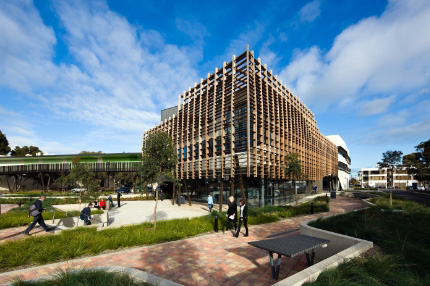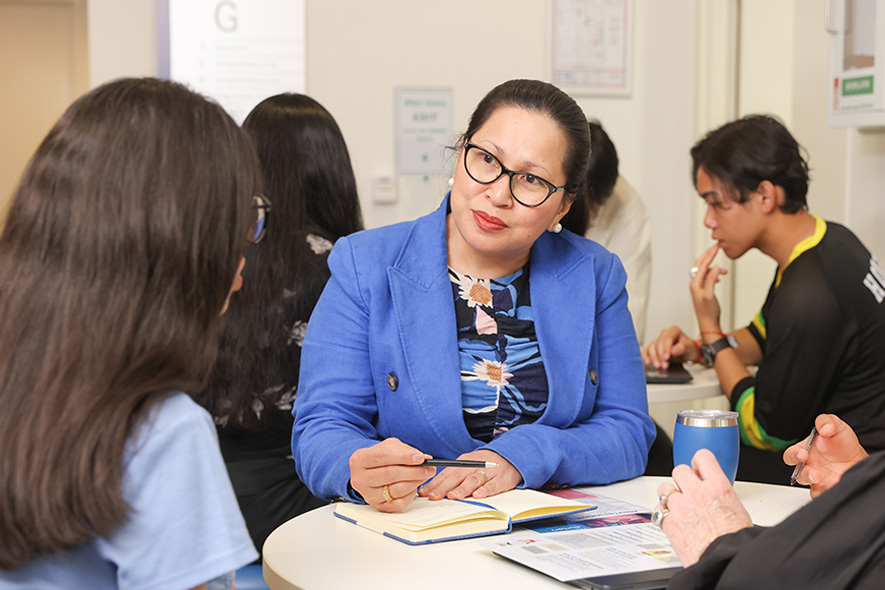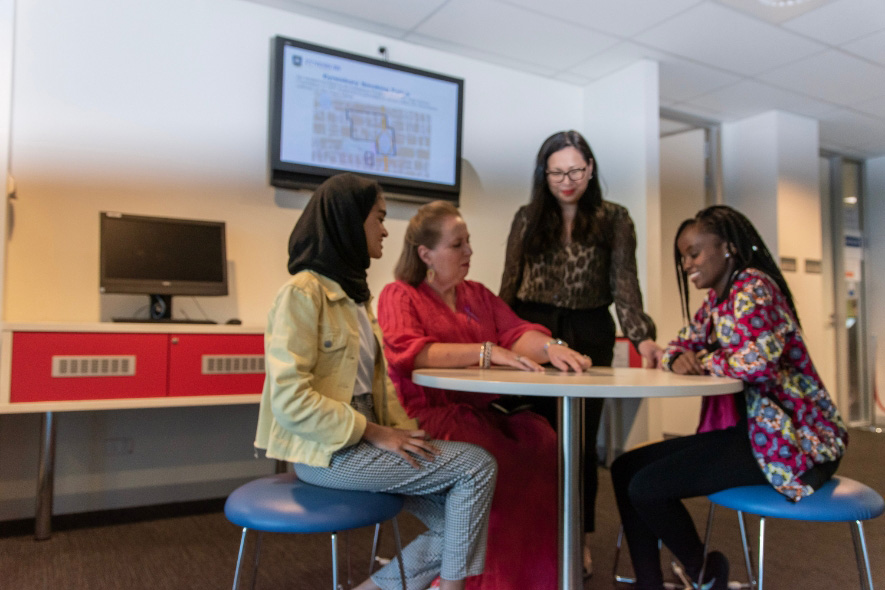Learn about life at Eynesbury. Check out accommodation options, get ready for your Orientation and work out what to prepare before arriving. You can also access the Student Portal and find relevant information about student and academic support.
Learn about life at Eynesbury. Check out accommodation options, get ready for your Orientation and work out what to prepare before arriving. You can also access the Student Portal and find relevant information about student and academic support.

Choose a pathway to the new Adelaide University, opening in 2026. Member of the prestigious Group of Eight (Go8) and built on the legacies and strengths of the University of South Australia and the University of Adelaide.

Explore a pathway to the University of Adelaide, ranked in the top 1% of universities globally and a distinguished member of the Group of Eight (Go8), renowned for its research and academic excellence.

Discover your pathway to the University of South Australia, one of the world’s top young universities, ranked #1 in South Australia for graduate employment and industry connections.

Adelaide is one of the most liveable cities in the world (The Economist Global Liveability Index). Find out what makes Adelaide the perfect city to study in.
Learn more
Secure your place today and begin your Eynesbury pathway journey to Adelaide University

Take part in the Eynesbury student experience – download the events and activities calendar and find out what’s happening this month!

The Eynesbury team is here to help answer any questions you may have about studying at Eynesbury College. Book an appointment with the relevant regional manager to explore your study options.